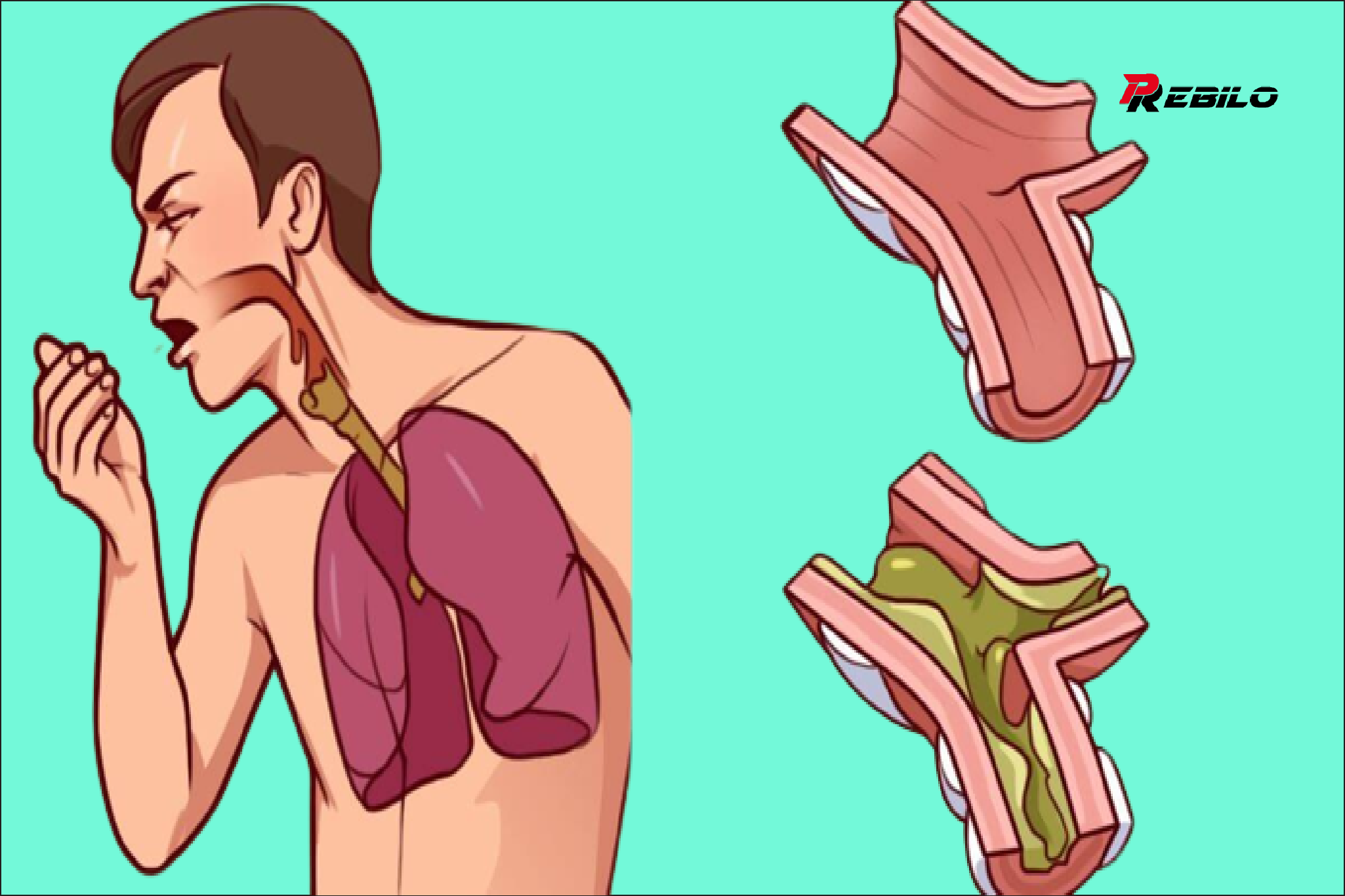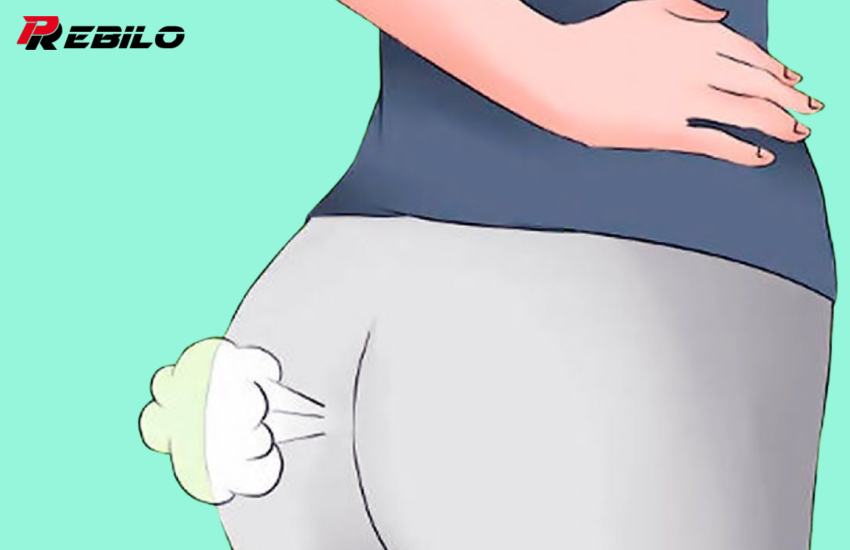How to get rid of phlegm and mucus in the chest and throat
Phlegm and mucus, although related, are not exactly the same. Phlegm is usually found in the back of the throat or in the lungs, and originates from the lower respiratory tract. On the other hand, mucus is usually found on the nasal mucosa and acts as a protective filter for the lungs during inhalation. You can easily remove mucus by blowing your nose. In contrast, the phlegm in the throat is thick and sticky, and is often observed when coughing. Excess phlegm can indicate respiratory diseases such as bronchitis.
Mucus composition:
Our bodies naturally produce mucus and phlegm as protective, slippery substances that form in the throat, sinuses, and lungs. It helps protect the body’s cells and traps irritants and bacteria. If bacteria or viruses overcome your body’s natural defenses, more phlegm will be produced. In most cases, excess mucus and phlegm will resolve on their own. However, in some cases, excess mucus can accumulate in the bronchi, making the lungs vulnerable to infection, as seen in conditions such as bronchiectasis and cystic fibrosis. When you cough, your body tries to get rid of this substance.
Mucus as a natural filter:
In moderate amounts, mucus acts as a natural filter against bacteria, helping to protect the lungs from infections. Since the lungs are internal organs, inhaled oxygen goes directly to them.
Removing mucus from the lungs:
While swallowing mucus is safe because the body can reabsorb it, phlegm must be expelled from the body. Health professionals often recommend coughing to achieve this, as coughing helps eliminate dead viruses and bacteria. Effective cough aids are also available, such as the POWERbreathe Shaker Mucus Clearing Device.
Can phlegm cause cough?
Phlegm can often lead to coughing, and this problem tends to get worse at night due to gravity. Mucus accumulates in the chest and causes coughing. You can alleviate this by raising your sleeping position, such as using an extra pillow. Coughing is the body’s natural mechanism to remove phlegm and aid in recovery.
When to seek medical care:
The NHS recommends that you get immediate medical attention if you cough up blood. It is also recommended to consult a general practitioner if you suffer from:
Persistent cough that lasts more than 3 weeks.
A cough that gets worse quickly.
Source.
Unexplained weight loss.
Swollen neck or painful swollen glands.
Increased difficulty breathing.
A weakened immune system due to conditions such as diabetes or chemotherapy.
Sputum changes with or without medication.
Expectorants may be prescribed to increase bronchial secretions and relieve cough. However, the POWERbreathe Shaker is an effective, drug-free alternative.
Natural treatments for phlegm:
To treat phlegm in the throat and lungs naturally, you can use the POWERbreathe Shaker. This portable, drug-free device uses vibrations to make chest mucus more mobile and easier to expel by coughing. A weighted ball inside the device rises and falls under its own weight as you breathe through it, creating a vibration that helps break up and loosen phlegm for easier removal.


